
PRODUCTS
04-02-2021 di redazione
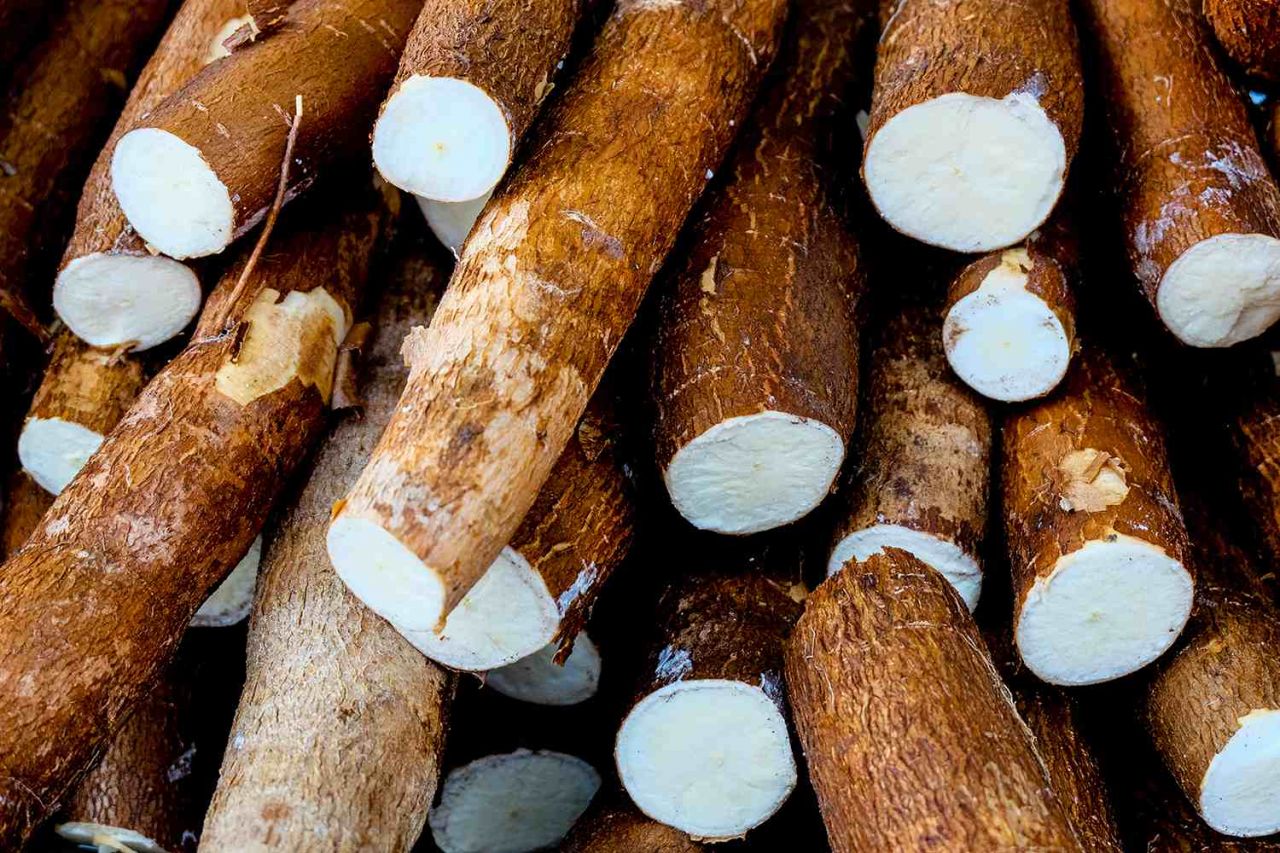
In the markets and on the edges of many roads of Kenya you can see the sellers of this tuber (already, usually they are women, the real productive and commercial engine of this continent). It is cassava, also called yucca which is now widely spread in the African country, although it was introduced less than five hundred years ago by the Portuguese, who in turn found it during the first explorations in Brazil.
This is its best period, but in any case this tuber has a very high production potential, because its roots produce more calories per unit of soil than any other crop with the sole exception of sugar cane.
More resistant than maize and millet, cassava develops a greater tolerance to extreme environmental conditions and the roots, once ripe, can survive in the soil without receiving water for long periods of time, preserving their nutritional properties.
This is the advantage of cassava, compared to cereals, which makes it an excellent basic resource for food security, particularly in critical periods of drought and famine. This large elongated tuber with bark-like bark could therefore be safely described as one of the main crops for world food security, a great resource for poor people, therefore. It is a pity, however, that it is also one of the main "orphan" crops ( The term orphan is used to indicate the so-called minor crops that receive little or no consideration from the scientific world and funding for research and development projects in agriculture).
The Swahili population of the coast is used to cook it stewed, cooked in tomato sauce or even boiled like potatoes. But also fried, in pieces like "street food" with paprika and lime or in thin slices like chips, which are often bagged and marketed.
Its taste is halfway between potato and chestnuts, with a vaguely woody and almond aftertaste.
Note that raw cassava is slightly toxic, because it contains a cyanide-like substance that disappears completely at high temperatures.
In the north of the country, as well as in Uganda and particularly in West Africa, its flour (called tapioca) is used as an alternative to wheat flour, not only because it has a similar protein content but because it is easily ground at home.
Five reasons to eat cassava
1. Good anti-inflammatory. The fresh chopped root, with a high content of vitamin C has anti-inflammatory, antiseptic properties, while the leaves are used to soothe pain as a mild analgesic.
2. High digestibility. It is a food with a high energetic content rich in starch and carbohydrates but well digestible. Its flour, called tapioca, is recommended in case of gastritis, colitis and digestive difficulties.
3. Suitable for coeliacs. Since it does not contain gluten, it is particularly suitable for coeliacs.
4. Antioxidant action. The good concentration of vitamin C gives it antioxidant properties making it a suitable food to strengthen the immune system and to counteract the activity of free radicals.
5. Excellent for making sweets. Its flour can be used in the preparation of breads and cakes or to make baby food. Compared to wheat flour it contains less cellulose, nitrogenous substances and ashes and this makes it more digestible and lighter. The cakes prepared with tapioca are softer that many confectioners recommend adding tapioca to normal flour in the preparation of cakes.
In addition to food preparations, cassava starch is used for the manufacture of cosmetics, glues, detergents and even paper.
RECIPES
di redazione
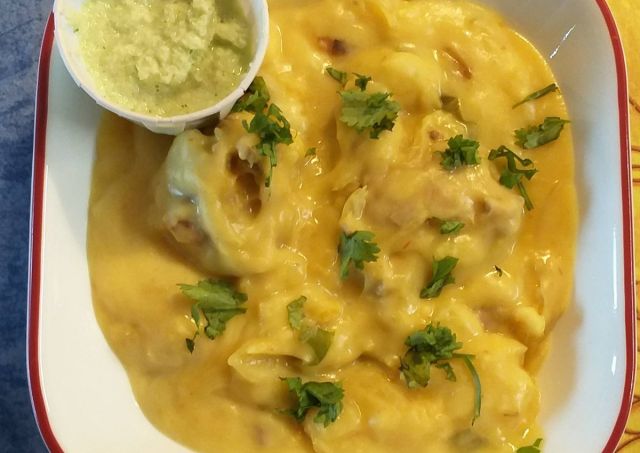
"Muhogo wa Nyama" (meat with cassava) is a typical Kenyan dish. Cassava is a tuber also known as cassava, it is used to make flour or like potatoes, both fried and stewed. Its taste is a bit reminiscent of chestnuts....
RECIPES
di redazione

The Swahili cuisine of Kenya, as we know, is a mixture of the cultures and people who have landed on the coast, and the products of the territory they have learned to use. The example is offered by the use...
PLANTS OF KENYA
di redazione
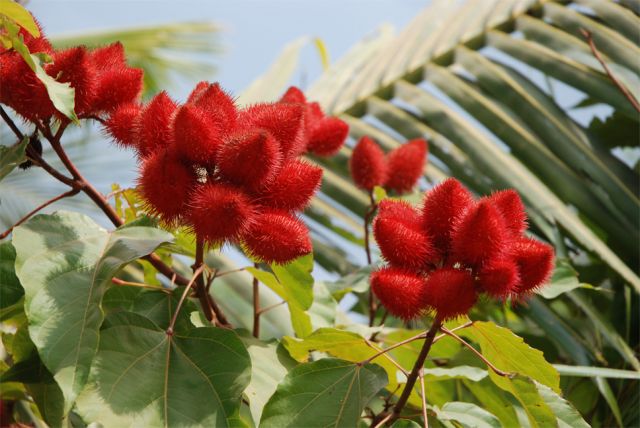
The Bixa Orellana, locally known as 'mrangi', is a shrub belonging to the Bixaceae family.
Native to South America, this small tree was transported by...
CURIOSITY
di redazione
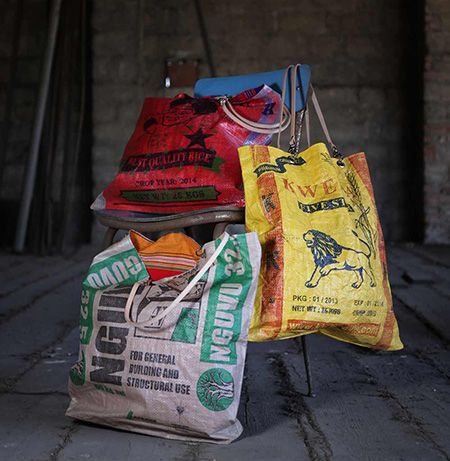
Virgola is one of the most well-known and important Italian brands in the hairdressing arena and its historical founder and owner Rinaldo Rampon is a love of Kenya.
For years he has watched Watamu and his beaches, but not only.
FOOD IN KENYA
di redazione
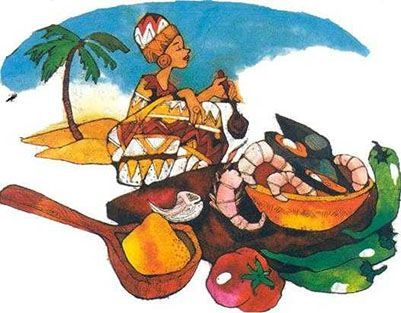
FOOD AND NATURE
di redazione
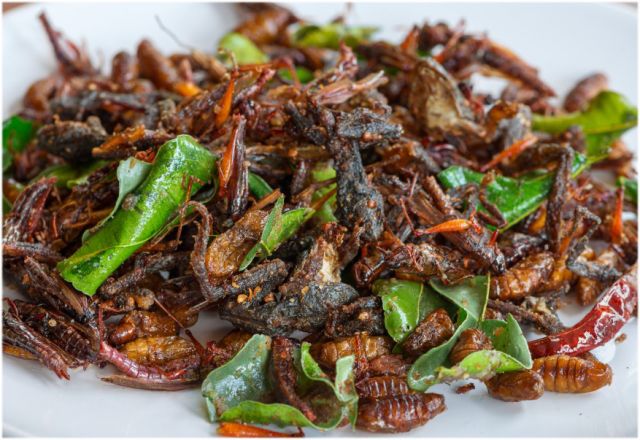
Termites are a staple food in the country's northwestern regions during the rainy season, cooked in households and fried in street stalls. A delicacy for young people and an important source of...
NEWS
di redazione
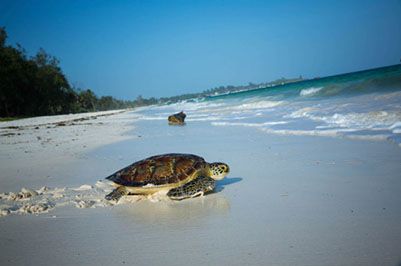
Kenya was included in the five countries to visit in 2017 for an eco-conscious holiday by two of America's most important industry operators.
G-Adventure and Intrepid Travel have cited Kenya as one of the most interesting and growing countries in...
NATURE
di redazione
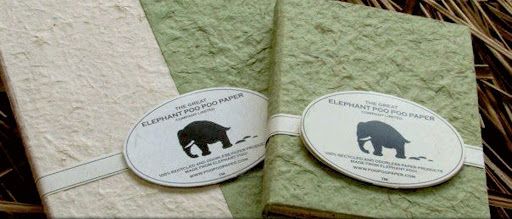
The elephant, as well as a species to be protected for its precious tusks, can increasingly prove to be a friend of man and Nature.
Certainly the biggest, but also the most useful in things you would not expect. A...
RECIPES
di redazione
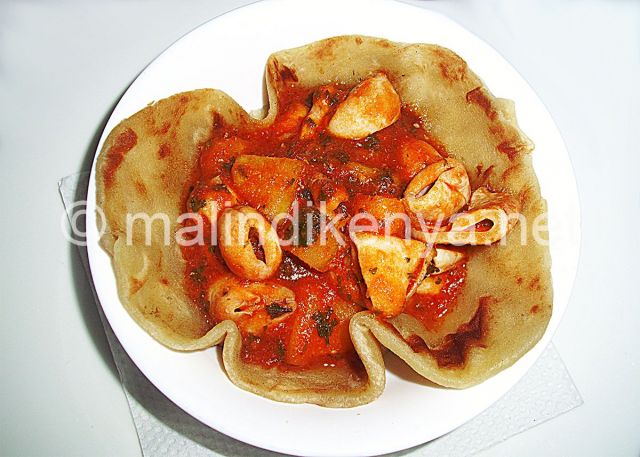
Throughout sub-Saharan Africa, tapioca (cassava) and sweet potato are used as side dishes for stews with tomato sauce. In inland regions, these dishes are based on ox or...
LIFE IN KENYA
di redazione

How much does it really cost to live in Malindi and Watamu without working?
How much can a pensioner or someone who has an income live on while savouring the dolce far niente?
Considering the overwhelming return of the desire...